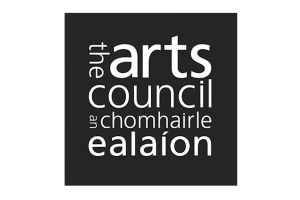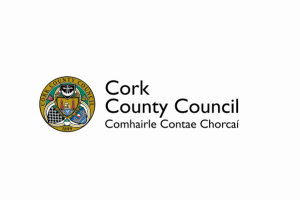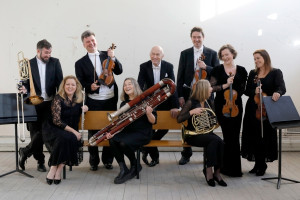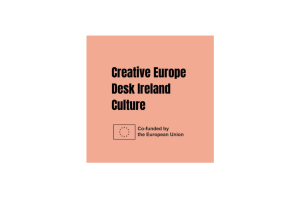
Early Irish Harp Discovery Day
A Galway Early Music event in partnership with the Historical Harp Society of Ireland
A three part event, giving participants a chance to hear the early Irish harp, learn about its history and construction and finally to give it a go. Each part can be attended as an individual event and is listed individually on our website events page.
12pm: LISTEN: 40-minute concert with Siobhán Armstrong, early Irish harp and Doimnic Mac Giolla Bhríde, voice - tickets: €10 live & online
The prize-winning Donegal singer, Doimnic Mac Giolla Bhríde, and Ireland’s foremost scholar-performer of historical Irish music, Siobhán Armstrong, recently began a collaboration to explore the vocal music of the old Irish harpers. In this Discovery Day concert they will perform treasures they have reconstructed from manuscript sources of the 1700s, including neglected versions of well-known 18th-century compositions by Turlough Carolan, with Siobhán accompanying Doimnic’s raw and powerful singing on a beautiful copy of an early 18th-century Irish harp.
1pm: LEARN: From science to sweet music: rediscovering the lost craftsmanship of Ireland and Scotland's historical harps, a 40-minute talk, presented by Karen Loomis - Zoom lecture can be attended live, or on Zoom
Ireland and Scotland's long tradition of metal-strung harps died out two centuries ago, but a number of these iconic instruments survive. With the help of modern technology, their historical craftsmanship is being rediscovered for a new generation of harp makers. In this presentation we'll explore these harps inside and out with state-of-the-art imaging. We'll see hidden workmanship and repairs, reveal lost decorations, find clues to their histories, and see the results of radiocarbon dating one of the oldest European harps!
2:30pm: GIVE IT A GO!
75-minute hands-on workshop with Sylvia Crawford
There are eight places on the workshop. Tickets cannot be refunded, so please be sure you can attend before booking a ticket. tickets are €20
Traditionally, the old Irish wire strung harp was taught orally. But the living, oral tradition came to an end around two hundred years ago, resulting in the loss of inherited knowledge about how this iconic instrument was played. However, at the end of the eighteenth century, while there were still a few harpers alive who had learned in the living tradition, the young organist and arranger, Edward Bunting, met some of these harpers and collected their tunes, which he later published as piano arrangements. Amongst Edward Bunting's original manuscripts are three tunes which were described as the First Tunes traditionally taught to harpers. In his third publication (1840) Bunting also included some traditionary information from the harpers about their 'method of playing', which Bunting described as 'peculiar' but used by all the harpers he met. He published a table of named fingerings (or playing techniques), each with specific instructions on which finger plays and which finger stops a given string.
I have married together these two core pieces of evidence about the old tradition – the First Tunes and the named fingering techniques – in order to try to reconstruct the lost art of playing the old Irish wire strung harp.
In this beginners' workshop you will have the opportunity to learn to play the First Tune traditionally taught to harpers, Mailí Bhán, collected by Edward Bunting from the Armagh harper, Patrick Quin. Through learning this tune you will learn, from hands-on experience, four important old Irish harp playing techniques: bualadh suas, briseadh, leagadh anuas and leath leagadh. I believe that these are the building blocks for learning to play the old Irish harp in a traditional style.
This workshop is suitable both for beginners and for those who already play the harp but would like to explore 'the method of playing...of the old Irish harpers'.
















